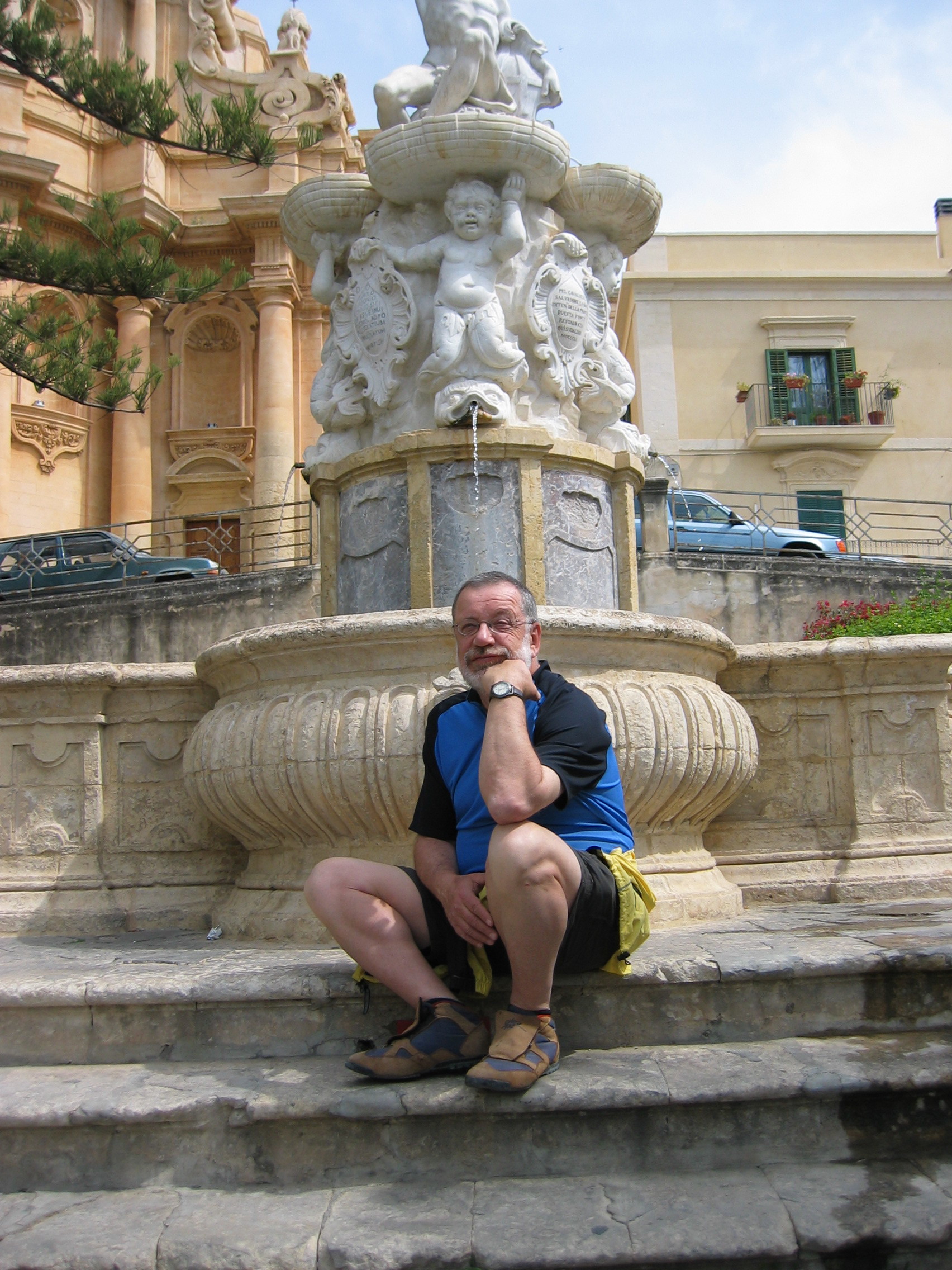PSIFF 2018 first full day
I saw three films today. From Argentina “Summit” features a newly elected President, bit of a dark horse who got elected as a mix of dark horse with relatively blank-slate everyman. His first major test as a leader is a summit, hosted by the Chilean premier to establish a regional South American oil agreement in the mold of OPEC, while the ex-husband of his troubled daughter Marina is blackmailing his administration with allegations of wrongdoing in the lead-up to his surprise election victory.
Worried about her state of mind, President Blanco insists that Marina join him at the hotel in the Andes where this high-level meeting of nations, in which regional alliances and rivalries play a significant role, is t aking place. Once there, she deteriorates further, prompting Blanco to bring in a psychiatrist and under his hypnotherapy Marina starts to recover troubling, possibly false memories about her father’s role in a mysterious death. And so the stage is set for Blanco’s political maneuverings to collide with this psychological intrigue.
aking place. Once there, she deteriorates further, prompting Blanco to bring in a psychiatrist and under his hypnotherapy Marina starts to recover troubling, possibly false memories about her father’s role in a mysterious death. And so the stage is set for Blanco’s political maneuverings to collide with this psychological intrigue.
The director leaves the question of his guilt or innocence in this long-past crime unanswered, while the nature of his political agenda, co-spearheaded by shady political svengali Castex remains similarly ambiguous. Christian Slater provides a cameo as an American diplomat sent in high secrecy to negotiate the U.S.’ involvement in the oil deal. News flash – US is not very idealistic in this scenario.
Variety concluded and I agree, that ss an arthouse film, “The Summit” has too many genre trappings; as a genre film, especially one in the thriller category which relies on a solid dismount, it doesn’t satisfy. And there’s something practically old-school about its atmosphere of political paranoia: At a time when vulgar ineptitude is no barrier to becoming a wealthy nation’s democratically elected leader, it’s almost comforting to believe that high-level meetings are right now being conducted in discreet mountain retreats between smooth, calculating, manipulative people. Even if they’re evil, at least they’re intelligent, and their tailoring is impeccable.
It’s a well made film, staged like a high-stakes poker game, but the director didn’t seem to find a more conclusive finale Darín manages to preserve Blanco’s essential unknowability very well, leaving the question of his guilt or innocence in this long-past crime unanswered, while the nature of his political agenda, co-spearheaded by shady political svengali remains similarly ambiguous. Good but not great.
Three Peaks (Drei), a family-focused fable which steadily unfolds amid Italy’s spectacular Dolomites mountain range. This is a demanding which focuses minutely on the shifting relationships between its three protagonists. The location is mountainous, chilly, European terrain, the classic zone of the Romantic sublime. Aaron. the man, seems a self-reliant, log-chopping outdoorsman type. A very capable linguist — everyone here shifts easily between French, German and English — a skilled musician and a resourceful mountaineer, Aaron appears to be an ideal father figure for Tristan, the 7-year-old son of his girlfriend Lean from a previous relationship.
The trio are first glimpsed frolicking at some busy Italian lakeside resort, before taking themselves off to the seclusion of a luxuriously appointed cabin/chalet in the southern Alps. Here Aaron and Lea plan to conceive their own first child, notwithstanding the complication of lively Tristan’s distracting presence under the same roof. After two years, Aaron and Tristan have evolved a friendly relationship now hovering on the edge of something more significant — the kid even calls him “Papa” at one stage. But certain unresolved, unspoken tensions remain. When Aaron impetuously takes Tristan up into the rugged, rubbly terrain for an all-day bonding experience, events take unpredictable and potentially catastrophic turns as sunny day closes mistily down into chilly darkness. Made me uncomfortable, but needing to pay attention.
Third feature also from Argentina as “A Sort of Family.” lengthy opening scene shows Malena, a doctor in her late 30s, sitting in her car and struggling to come to a decision about something as the rain makes pretty windscreen patterns. There are endless driving/car scenes. It is indeed a major decision, because Malena then drives through the night to reach a middle-of-nowhere rural hospital where Marcela is about to give birth to the child whom Malena wants to adopt. There’s something fishy about the whole setup, and right from the start there’s a tension between the women which will memorably explode later. But there’s also viewer frustration in not knowing for about the first fifteen minutes what Malena’s actually up to.
When a relative of Marcela’s reveals that her husband has been in a car accident and unexpectedly asks Malena for $10,000 to help the family out, Malena is outraged and considers it extortion. But, the script wonders, is it really that? This is the first in a series of obstacles Malena will encounter and which are presumably intended to force the film’s likely viewers into a reappraisal of their middle-class views. Malena must raise the money or risk losing the baby, and it’s in this muddy area between the commercial, the legal and the em otional that the film is embedded.
otional that the film is embedded.
For the world of adoptions, Family raises all sorts of interesting questions — about the ethics of adoption, which at times here seems to be bordering on human trafficking; about how the imperative of motherhood can leave women so vulnerable; about the morality of having kids without the means to raise them; and about the inability of the law to unpack this moral tangle. The film doesn’t preach. Aside from endless driving it’s a gripping, drenching story.




